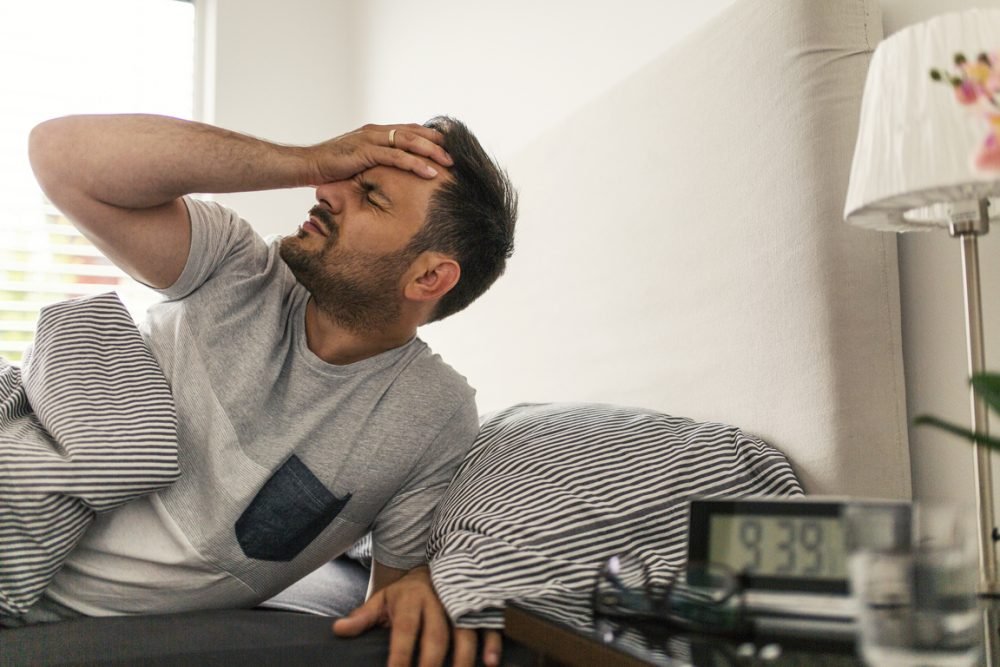Advertisment
Migraine tied to poorer sleep for adults and children

Migraines are linked to poorer quality sleep in both adults and children, researchers reported on Sept. 22, 2021 in Neurology
As background to the new meta-analysis, investigator and author Jan Hoffmann, MD, Ph.D, of King’s College London (UK) said, “We wanted to analyze recent research to get a clearer picture of how migraines affect people’s sleep patterns and the severity of their headaches. That way, clinicians can better support people with migraines and deliver more effective sleep treatments.”
The meta-analysis of data from relevant studies was designed to evaluate sleep quality using the Pittsburgh Sleep Quality Index (PSQI), and to evaluate basic organization of normal sleep (sleep architecture) measured using polysomnography,
The investigators searched five major medical research databases to identify studies which utilized polysomnography and/or PSQI in patients with migraine.
They excluded data from pregnant subjects and those with other headache disorders.
They identified 32 eligible studies for the meta-analysis, involving a total of 10,243 eligible subjects. Each subject had completed a questionnaire rating sleep quality, including how long it took to fall asleep, total sleep time and the use of sleep aids.
The researchers reported that adults with migraine had significantly higher (worse) PSQI scores than healthy controls (p < .001). This effect was larger in those with chronic rather than episodic migraine (p < .001).
For the studies using polysomnography, adults and children with migraine displayed a lower percentage of REM sleep. Children with migraine had less total sleep time than controls, significantly more awake time (p < .001) and significantly shorter time for sleep onset than children without migraines (p < .001). Hoffmann noted that children with migraines might fall asleep more quickly than their peers because of sleep deprivation.
The authors concluded, “People with migraine have significantly poorer subjective sleep quality and altered sleep architecture compared to healthy individuals. Further longitudinal empirical studies are required to enhance our understanding of this relationship.”





